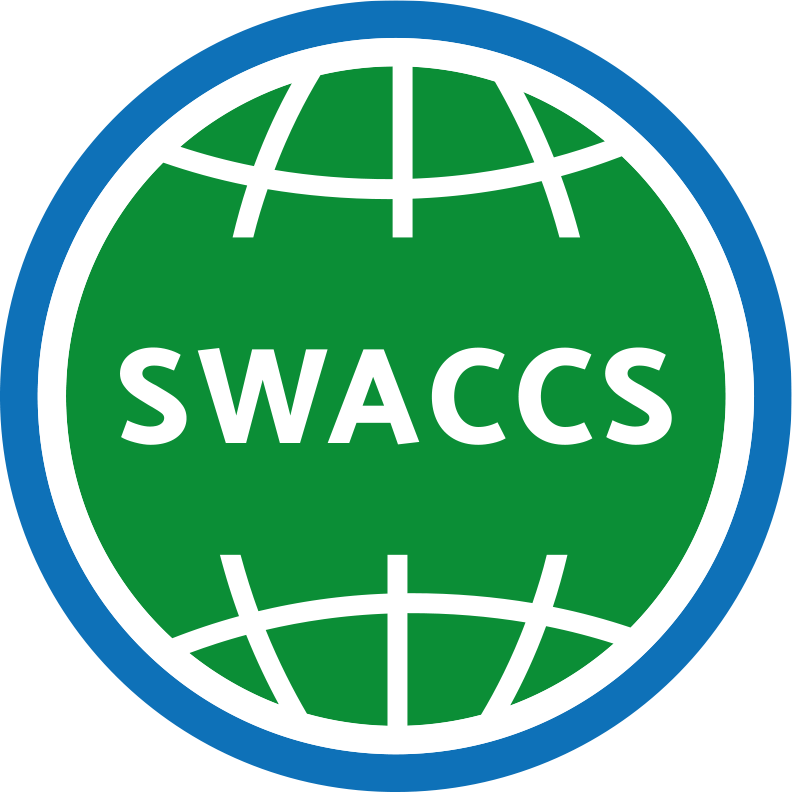UPCOMING!
SWACCS December workshop 2025 on chemicals & circular economy
KTH Royal Institute of Technology invites to the workshop December 11th-12th, lunch to lunch
Location: KTH Innovation, Campus Valhallavägen; Teknikringen 1, 114 28, Stockholm
Who: Researchers and professionals interested in how chemicals may be handled in a circular economy.
Why: One of the key obstacles to a circular economy is toxic chemicals. We invite you to learn and share your experiences during a two-day workshop focused on how chemicals can be reconciled with a circular economy. Invited experts such as Åsa Stenmarck (Naturvårdsverket), Daniel Slunge (FRAM/Gothenburg University), Maria Larsson (MTM/Örebro University), Nils Johansson (KTH) and others will discuss which chemicals are of particular concern in a circular economy, how they are dealt with in practice, which regulations are needed and how the (non-)toxicity of circular materials can be assessed and certified.
Organised by: KTH Royal Institute of Technology in collaboration with SWACCS.
The workshop is free of charge. The workshop dinner on December 11th at restaurant Syster O Bror is at the participant's own expense.
Places are limited and registration will close when the maximum number of participants has been reached.
A detailed workshop agenda is provided on the registration homepage.
Warm welcome!
Sabina Du Rietz Dahlström and the organising committee
